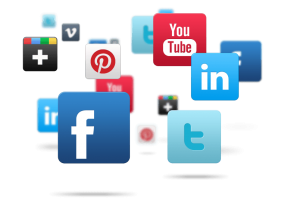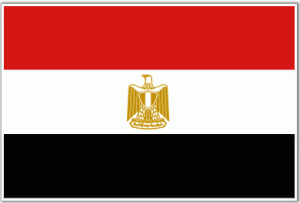As the internet begins to spread all over the world, it continues to spread in Morocco as the internet has become a huge medium for the Moroccan people, especially blogging. The government does not regulate or own internet sites like they do with newspaper, radio or television, which is a draw for people. The only sites they do stop from existing in the country are ones that are affiliated with terrorists and even let rebellious sites to post and exist on the internet in Morocco. Blogs are not regulated, so the people can say their believes and opinions on a forum seen by different people without being reprimanded by the Moroccan government.
However, the internet is still a problem for some Moroccan people as there is a digital divide in the country. Some people have access to the internet, while others do not have any. The Moroccan government has been trying for some time to bridge the gap between the digital divide, but to no prevail. A survey found that wealthier people use the internet more and the country would like to make it accessible for those that do not have a high income. There have been some improvements as from 2010 to 2011, the number of internet users grew by 70 percent. Many companies want to get rid of the digital divide and are helping to work with the government to push towards a future where everyone in Morocco has access to the internet.
Sources:
http://magharebia.com/en_GB/articles/awi/features/2012/10/12/feature-03



